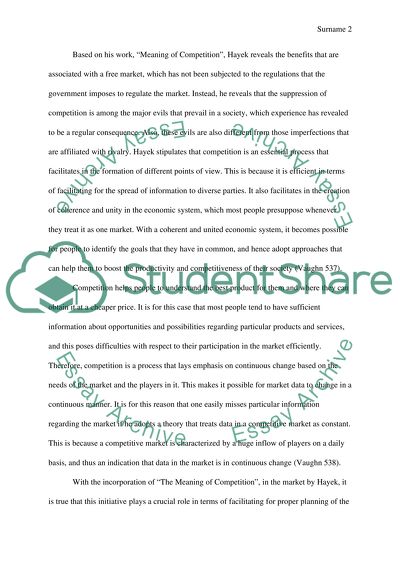Cite this document
(“Economic History Essay Example | Topics and Well Written Essays - 1500 words - 2”, n.d.)
Economic History Essay Example | Topics and Well Written Essays - 1500 words - 2. Retrieved from https://studentshare.org/miscellaneous/1635003-economic-history
Economic History Essay Example | Topics and Well Written Essays - 1500 words - 2. Retrieved from https://studentshare.org/miscellaneous/1635003-economic-history
(Economic History Essay Example | Topics and Well Written Essays - 1500 Words - 2)
Economic History Essay Example | Topics and Well Written Essays - 1500 Words - 2. https://studentshare.org/miscellaneous/1635003-economic-history.
Economic History Essay Example | Topics and Well Written Essays - 1500 Words - 2. https://studentshare.org/miscellaneous/1635003-economic-history.
“Economic History Essay Example | Topics and Well Written Essays - 1500 Words - 2”, n.d. https://studentshare.org/miscellaneous/1635003-economic-history.


